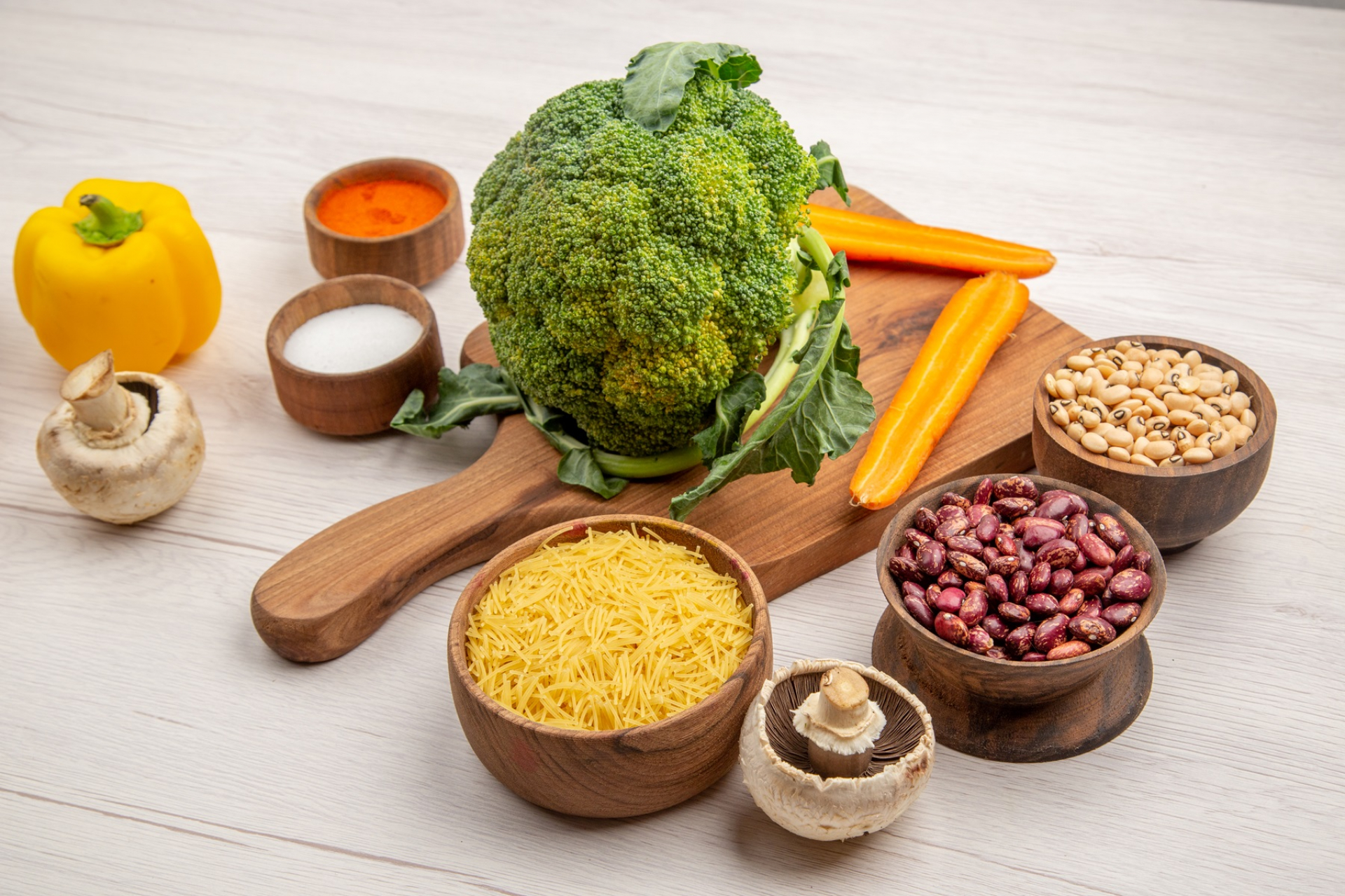Vitamin D3, often called the "sunshine vitamin," plays a vital role in bone health, immune function, and overall well-being. While sunlight is the most well-known source of vitamin D, dietary intake is essential—especially for individuals who have limited sun exposure or follow vegetarian or vegan diets.
Why is Vitamin D3 Important?
Vitamin D3 (cholecalciferol) is a fat-soluble vitamin that regulates calcium and phosphorus levels in the body. It ensures strong bones and teeth, supports immune health, and has been linked to improved mood and reduced inflammation.
A deficiency in vitamin D3 can lead to:
- Weakened bones (osteoporosis or rickets)
- Increased risk of infections
- Fatigue and muscle weakness
The Challenge for Vegetarians
Most natural sources of vitamin D3 are animal-based, such as fatty fish or liver, making it challenging for vegetarians to meet their needs through diet alone. However, certain plant-based options and fortified foods can help bridge this gap.
Top Vegetarian Foods High in Vitamin D
Here is a list of the best foods high in vitamin D that are suitable for vegetarians and beneficial for maintaining optimal vitamin D levels, especially if you're considering a vitamin D test to monitor your health:
- Fortified plant-based milk- Almond, soy, oat, and coconut milk are often fortified with vitamin D to match the levels found in cow’s milk. Use fortified plant-based milk in smoothies, cereals, or soups for an easy boost of vitamin D.
- Fortified cereals- Many breakfast cereals are enriched with vitamin D, making them a convenient option for vegetarians. Pair with fortified milk for a double dose of vitamin D.
- Mushrooms exposed to UV light- Certain varieties, like shiitake and maitake mushrooms, can produce vitamin D when exposed to UV light. Sauté UV-exposed mushrooms as a side dish or add them to pasta, salads, or stir-fries.
- Cheese- Cheese, especially ricotta, contains small amounts of vitamin D, making it a tasty addition to a vegetarian diet. Use cheese in sandwiches, as a pizza topping, or as part of a snack board.
- Egg yolks- Egg yolks are a natural source of vitamin D3 and are easy to incorporate into various meals. Enjoy eggs boiled, scrambled, or as part of a veggie-packed omelet.
Natural Sources of Vitamin D Beyond Diet
While dietary sources are essential, sunlight remains one of the best natural sources of vitamin D. When your skin is exposed to UVB rays, your body produces vitamin D3 naturally.
Tips for Getting Vitamin D from Sunlight:
- Spend 10–30 minutes in the sun a few times a week, preferably in the morning or late afternoon.
- Expose areas like your arms, legs, or face for better absorption.
- Always use sunscreen to protect against UV damage if staying out longer.
The Role of Supplements
For vegetarians and vegans who struggle to meet their vitamin D needs through food and sunlight alone, supplements can be a game-changer.
Why Consider a Vitamin D Vegan Supplement?
- Most vitamin D3 supplements are derived from lanolin, making them unsuitable for vegans.
- Vegan-friendly options use lichen, a plant-based source of vitamin D3, offering an ethical and effective alternative.
How to Choose the Right Supplement:
- Look for labels indicating “vegan” or “plant-based vitamin D3.”
- Consult your healthcare provider to determine the right dosage based on your age and health needs.
Why You Should Focus on Foods Rich in Vitamin D?
Incorporating foods rich in vitamin D into your daily diet has multiple benefits:
- Bone health: Vitamin D enhances calcium absorption, reducing the risk of fractures and osteoporosis.
- Immune support: It boosts immunity, helping your body fight off infections.
- Mood enhancement: Adequate vitamin D levels are linked to reduced risk of depression and seasonal affective disorder (SAD).
- Muscle function: Vitamin D supports muscle strength, reducing the likelihood of falls in older adults.
Normal Vitamin D Levels
For optimal health, your vitamin D levels should fall between 20–50 ng/mL. Regular testing can help you monitor and adjust your intake through diet, sunlight, or supplementation.
Fortified foods, UV-exposed mushrooms, and egg yolks are excellent vegetarian sources of vitamin D. Sunlight is a natural and free way to boost your vitamin D levels, but it should be complemented with dietary sources. For vegans, consider a vitamin D vegan supplement derived from lichen. Regular monitoring of your vitamin D levels is essential for long-term health and wellness.


